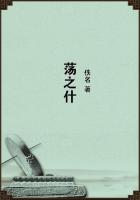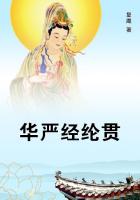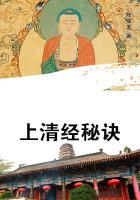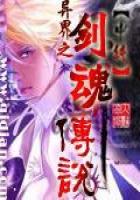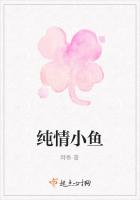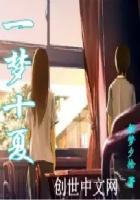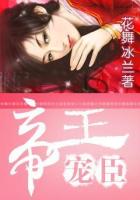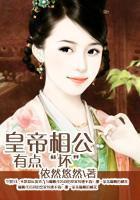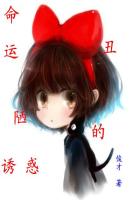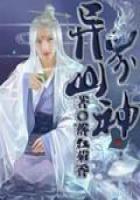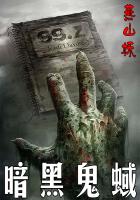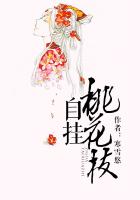And doubtless he counted the days lost in which he was prevented from following the rule of life which elsewhere be sets himself, to study and to read alway, day by day," and pressed even the nights into his service when he was not making his head ache with writing. How eager and, considering the times in which he lived, how diverse a reader he was, has already been abundantly illustrated in the course of this volume. His knowledge of Holy Writ was considerable, though it probably for the most part came to him at second-hand. He seems to have had some acquaintance with patristic and homiletic literature; he produced a version of the homily on Mary Magdalene, improperly attributed to Origen; and, as we have seen, emulated King Alfred in translating Boethius's famous manual of moral philosophy. His Latin learning extended over a wide range of literature, from Virgil and Ovid down to some of the favourite Latin poets of the Middle Ages. It is to be feared that he occasionally read Latin authors with so eager a desire to arrive at the contents of their books that he at times mistook their meaning--not far otherwise, slightly to vary a happy comparison made by one of his most eminent commentators, than many people read Chaucer's own writings now-a-days. That he possessed any knowledge at all of Greek may be doubted, both on general grounds and on account of a little slip or two in quotation of a kind not unusual with those who quote what they have not previously read. His "Troilus and Cressid" has only a very distant connexion indeed with Homer, whose "Iliad," before it furnished materials for the mediaeval Troilus-legend, had been filtered through a brief Latin epitome, and diluted into a Latin novel, and a journal kept at the seat of war, of altogether apocryphal value. And, indeed, it must in general be conceded that, if Chaucer had read much, he lays claim to having read more; for he not only occasionally ascribes to known authors works which we can by no means feel certain as to their having written, but at times he even cites (or is made to cite in all the editions of his works), authors who are altogether unknown to fame by the names which he gives to them. But then it must be remembered that other mediaeval writers have rendered themselves liable to the same kind of charge. Quoting was one of the dominant literary fashions of the age;and just as a word without an oath went for but little in conversation, so a statement or sentiment in writing aquired greatly enhanced value when suggested by authority, even after no more precise a fashion than the use of the phrase "as old books say." In Chaucer's days the equivalent of the modern "I have seen it said SOMEWHERE"--with perhaps the venturesome addition: "I THINK, in Horace" had clearly not become an objectionable expletive.
Of modern literatures there can be no doubt that Chaucer had made substantially his own, the two which could be of importance to him as a poet. His obligations to the French singers have probably been over-estimated--at all events if the view adopted in this essay be the correct one, and if the charming poem of the "Flower and the Leaf," together with the lively, but as to its meaning not very transparent, so-called "Chaucer's Dream," be denied admission among his genuine works. At the same time, the influence of the "Roman de la Rose" and that of the courtly poets, of whom Machault was the chief in France and Froissart the representative in England, are perceptible in Chaucer almost to the last, nor is it likely that he should ever have ceased to study and assimilate them. On the other hand, the extent of his knowledge of Italian literature has probably till of late been underrated in an almost equal degree. This knowledge displays itself not only in the imitation or adaptation of particular poems, but more especially in the use made of incidental passages and details. In this way his debts to Dante were especially numerous; and it is curious to find proofs so abundant of Chaucer's relatively close study of a poet with whose genius his own had so few points in common. Notwithstanding first appearances, it is an open question whether Chaucer had ever read Boccaccio's "Decamerone," with which he may merely have had in common the sources of several of his "Canterbury Tales." But as he certainly took one of them from the "Teseide" (without improving it in the process), and not less certainly, and adapted the "Filostrato" in his "Troilus and Cressid," it is strange that he should refrain from naming the author to whom he was more indebted than to any one other for poetic materials.
But wide and diverse as Chaucer's reading fairly deserves to be called, the love of nature was even stronger and more absorbing in him than the love of books. He has himself, in a very charming passage, compared the strength of the one and of the other of his predilections:--And as for me, though I have knowledge slight, In bookes for to read I me delight, And to them give I faith and full credence, And in my heart have them in reverence So heartily, that there is game none That from my bookes maketh me be gone, But it be seldom on the holiday,--Save, certainly, when that the month of May Is come, and that I hear the fowles sing, And see the flowers as they begin to spring, Farewell my book, and my devotion.

